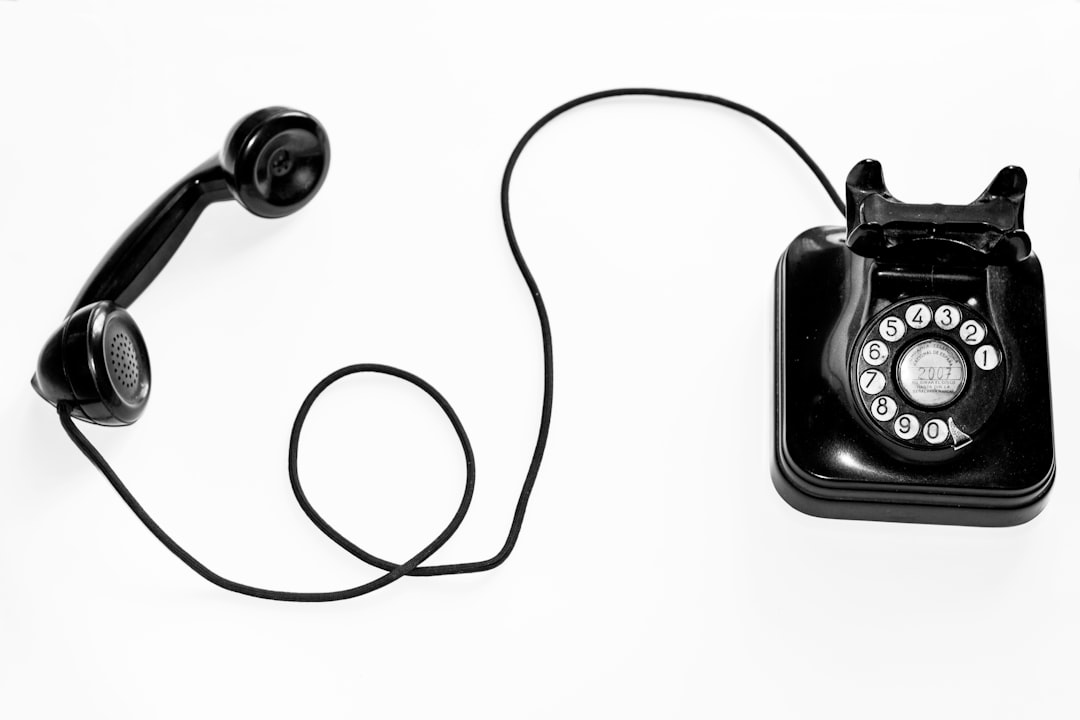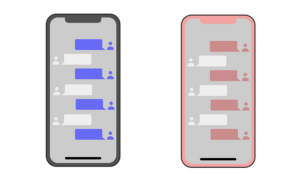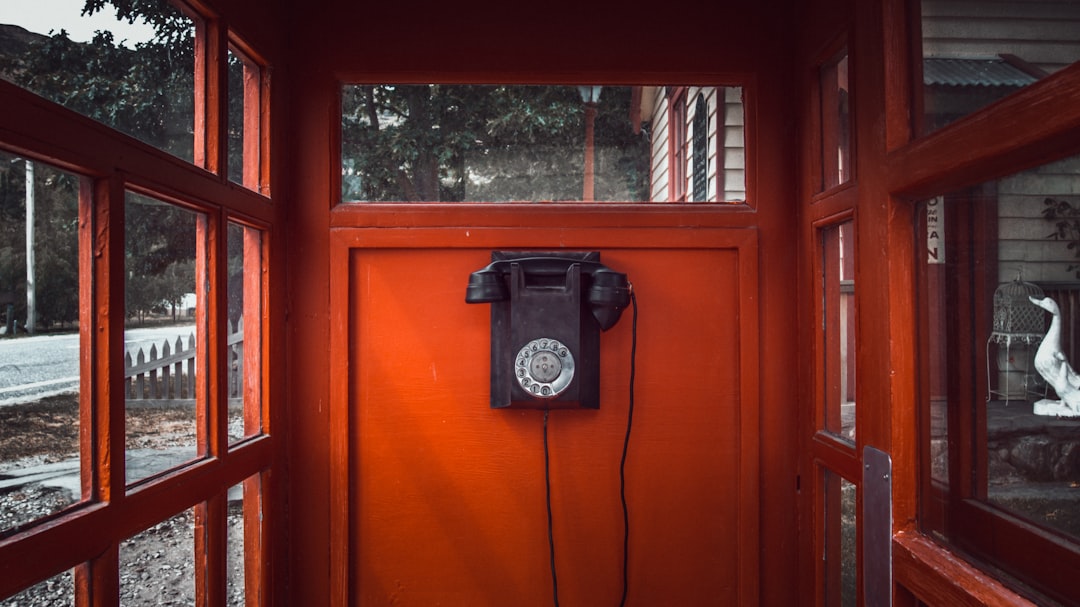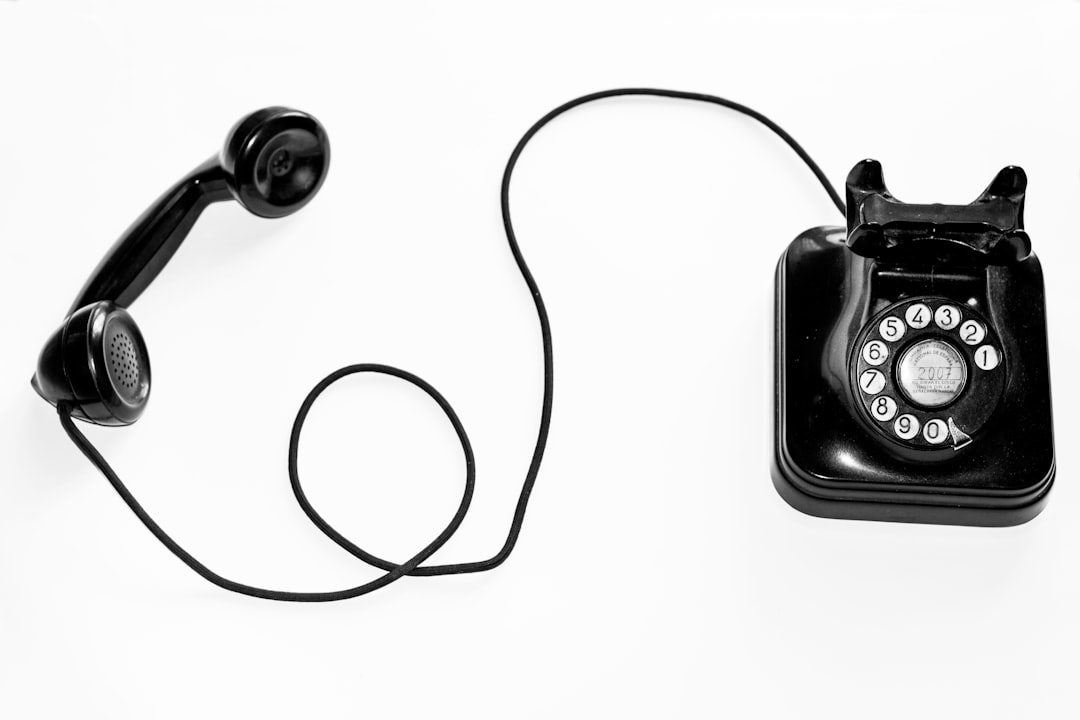The Federal Communications Commission (FCC) regulates automated dialing systems in Illinois to protect consumers from robocalls, emphasizing prior consent and opt-out options. Both state and federal laws, including the Illinois Consumer Fraud Act, govern autodialers, ensuring ethical business practices and consumer privacy rights. Law firms in Buffalo Grove, IL, must understand these complex regulations, especially regarding consent requirements and opt-out mechanisms, to avoid fines and maintain client trust while utilizing autodialer technologies for marketing or customer service. Specialized autodialer law firms in Illinois offer guidance on TCPA rules and state laws to ensure compliance and effective use of automated dialing systems.
“In the ever-evolving legal landscape, understanding the intersection of federal and state regulations is paramount, especially for businesses operating within specific regions. This article serves as a comprehensive guide for Buffalo Grove, IL, focusing on the intricate details of autodialer laws. We’ll explore federal mandates, delve into Illinois’ unique regulations, and analyze their implications for local businesses and law firms. By understanding these key similarities and differences, businesses can ensure compliance and navigate this complex legal terrain effectively.”
Understanding Federal Autodialer Laws: A Brief Overview
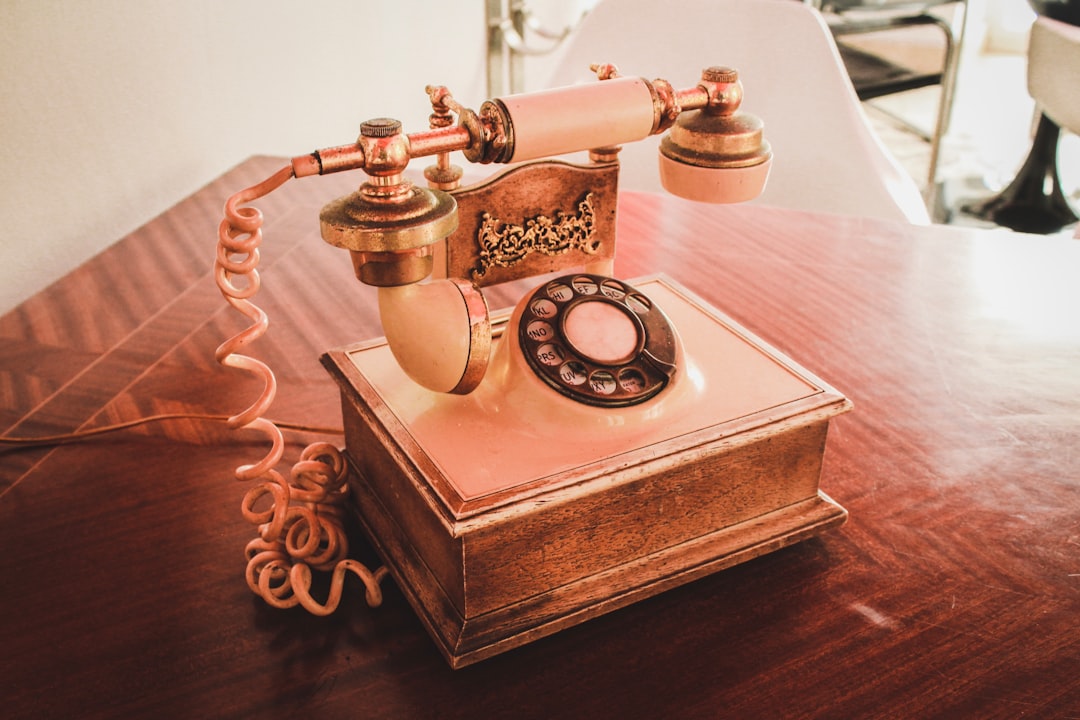
The federal autodialer laws, primarily enforced by the Federal Communications Commission (FCC), are designed to protect consumers from unsolicited telephone marketing calls, also known as robocalls. These regulations govern how businesses and law firms in Illinois can use automated dialing systems to contact individuals or organizations. Key aspects include obtaining prior express written consent before making automated calls for marketing purposes, ensuring a way to opt out of future calls during each interaction, and maintaining detailed records of call activities.
Compliance with both federal and state autodialer laws is crucial for law firms operating in Illinois. Understanding these regulations involves familiarizing themselves with the specific requirements set forth by the FCC and adapting their phone marketing strategies accordingly. By adhering to these guidelines, autodialer law firms in Buffalo Grove can minimize risks of non-compliance, ensure fair practices, and maintain client trust.
Illinois State Regulations on Automated Phone Systems

In Illinois, the regulation of automated phone systems, including autodialers, falls under the jurisdiction of both state and federal laws. The state’s regulations aim to protect consumers from unwanted or unauthorized calls, ensuring a balanced approach that respects privacy while fostering business practices. The Illinois Consumer Fraud and Deceptive Business Practices Act plays a significant role in governing autodialer usage. This act prohibits businesses from using deceptive or unfair methods, including automated phone systems, to solicit or contact consumers.
Illinois has implemented specific rules for autodialers, such as requiring prior consent from call recipients and providing an opt-out mechanism. These regulations are designed to give residents control over their communication preferences. Additionally, the state’s laws mandate clear disclosures about automated calls, ensuring consumers are aware when they are being contacted by an autodialer system. This transparency empowers individuals to make informed choices regarding their contact information and privacy rights.
Key Similarities and Differences Between Federal and Illinois Rules
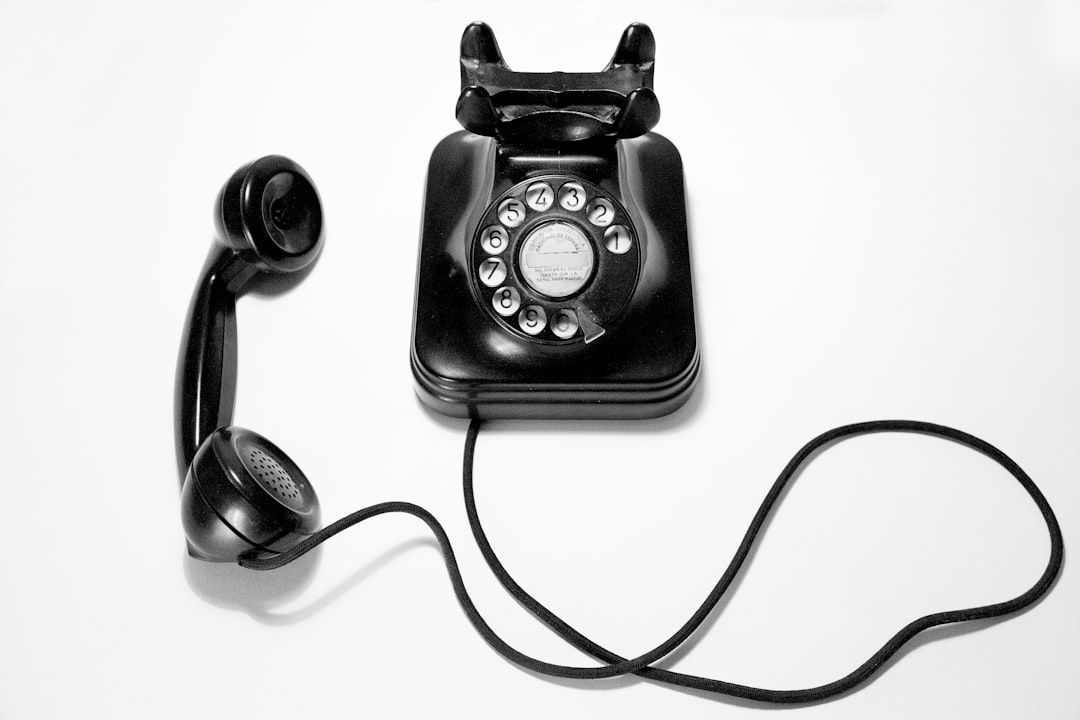
In Illinois, the autodialer laws closely mirror federal regulations, sharing key similarities that reflect a unified approach to protecting consumers from unwanted telephone solicitations. Both sets of rules prohibit the use of automated dialing systems for telemarketing purposes without prior express consent from recipients. This consensus ensures consistent protection for residents across the state and country. However, there are subtle differences to note. For instance, while both laws allow for specific opt-out mechanisms, Illinois requires businesses to provide a clear and conspicuous way for individuals to stop receiving calls, often through a written or digital “do not call” request option.
Moreover, the federal law generally exempts certain types of organizations, such as political campaigns and non-profit groups, from its strictures, whereas Illinois has more stringent requirements, only granting exemptions under specific circumstances. These differences underscore the importance for autodialer law firms in Illinois to stay informed about both levels of regulation, ensuring compliance with local as well as federal guidelines when assisting clients navigating the complex landscape of telemarketing laws.
The Impact on Local Businesses in Buffalo Grove, IL

The intersection of federal and Illinois state autodialer laws presents unique challenges for local businesses in Buffalo Grove, IL. These regulations, designed to protect consumers from unwanted phone calls, can significantly impact small and medium-sized enterprises (SMEs) that rely on automated dialing systems for marketing or customer service purposes. The strict adherence to these laws requires businesses to implement robust opt-out mechanisms and precise record-keeping, which can be time-consuming and costly.
Autodialer law firms in Illinois play a crucial role in guiding local businesses through this complex landscape. They offer specialized legal counsel on how to comply with both federal Telephone Consumer Protection Act (TCPA) rules and state-specific regulations, ensuring that companies avoid hefty fines for non-compliance. By staying informed about these laws, Buffalo Grove businesses can maintain customer satisfaction while leveraging their autodialer technologies ethically and effectively.
Navigating Compliance: Practical Steps for Law Firms in Illinois

Navigating Compliance: Practical Steps for Law Firms in Illinois
In Illinois, autodialer laws are designed to protect residents from unwanted telemarketing calls. Law firms operating within this state must strictly adhere to both federal and state regulations to ensure compliance. The first step is to thoroughly understand the Auto Dialer Rule, which prohibits automated or prerecorded calls to mobile phones unless the caller has obtained prior explicit consent. For landlines, the rules are slightly different, but the requirement for consent remains crucial.
To remain compliant, law firms should implement robust procedures and technologies that track and record consents. They must also ensure that any autodialer software used is equipped with mechanisms to prevent calls to blocked numbers or those on do-not-call lists. Regular training for staff involved in making outbound calls is essential to promote compliance, along with maintaining detailed records of call activities for auditing purposes.
